Although my parents were both saved through Foursquare, circumstances led to me being raised in an Evangelical church. My family was never quite at home in the Evangelical denomination, even though we had some great relationships there. Because my parents had been saved in and left the Foursquare church before I was born, I never really understood why we were at odds with some of the Evangelical beliefs.
This conflict continued into my college years and I often struggled in church-sponsored book studies. Many Christian books, whether on theology or practice, are written from the Evangelical perspective. I had issues with the book’s inherent compartmentalism and was accused of being post-modern, relativist, and other less amiable things. I would not deny these descriptions, although I often contested the tone in which they are delivered and the common tag-alone that such beliefs meant I was headed straight for fire and damnation.
It was last year, as I was reading Thinking in Tongues by James A. K. Smith and his outline of the five main pillars of the Pentecostal philosophy (1. a radical openness to God; 2. an ‘enchanted’ theology of creation and culture; 3. a non-dualist affirmation of embodiment and materiality; 4. an affective, narrative epistemology; 5. an eschatological orientation towards mission and justice), that I realized I was truly a Pentecostal and had been for a long time. I felt the profound sense that I had come home in my faith and had found where I belonged. This ugly duckling was not an Evangelical; rather this swan was a Pentecostal.
Interestingly, a few years ago I started describing myself to my non-Christian friends as a Christian non-dualist. Non-dualism (more of an eastern philosophy) stands in contrast to dualism (a distinctly Greek philosophy)[i]. Dualism holds that there is a distinction between the material and the spiritual, between the temporal and the spiritual. These two do not overlap and only intersect in small places called miracles, which are uncommon, unknowable, and unpredictable. Dualism holds that there is an ideal in the spiritual and that the temporal or material is just a shadow of this ideal – never to be attained. Plato’s allegory of The Cave is the primary founding document for this philosophy. Gnosticism is this philosophy applied to Christianity in the extreme.
Non-dualism, or monism, does not make such distinctions. Non-dualism holds the material and spiritual are inextricable intertwined. They cannot be separated. In this philosophy, there is not an external ideal to come after the temporal, but rather the ideal is to be experienced along with the temporal. In other words, the best version of things is not waiting for you when you die or in the next life, but meant to be experienced now. One cannot separate what happens in this life from what comes next – they are intertwined. While most commonly associated with Buddhism and reincarnation, I can see these same philosophy ideas in scripture. Christian concepts such as incarnation, indwelling, Heaven coming to Earth, embodiment of Christ, the Body of Christ, God’s embodiment of nature (Romans 1:20), Jesus’s prayer that we would be one with the father (John 14), healing, and prophecy all are more in alignment with non-dualism and in conflict with a dualist world view.
I am not saying that there are not scriptures which might edify one’s dualist world view; there certainly are. Dualist/non-dualist is not directly correlated to a scriptural or non-scriptural perspective. One can be a dualist and be scriptural. He or she just won’t be Pentecostal. The tenets of Evangelical belief are more correlated with a dualist world-view, some intentionally so.
Many Christian books are written from a dualist, Evangelical perspective. Unfortunately, I think many Pentecostals read these books and do not realize that their foundational world view is not the same as a Pentecostalism. This is unfortunate and is a good reason there should be more literature which highlights this world view difference and the distinct conclusions to which they lead.
For example, Christian dualism says that God cannot talk through people because it is too messy and likely that they would screw it up, so the only source is the Bible in its perfection. The Kingdom of God is something that comes in moments and mostly with Christ’s reign at the end of days. Christian dualist eschatology says that the earth will have to end for us all to go to heaven. On the other hand, Christian non-dualism says that God speaks to and through people and that He apparently is okay with our humanity and propensity to screw things up – He was the one who chose to do it that way after all. The Kingdom of God is emergent and present. Christian non-dualist eschatology says that Heaven and Earth fully manifest as one (although they have been intertwined and people move back in forth between the two in the form of “visitations”).
As for me, my beliefs and values resonate more with Pentecostalism as described by Smith than with any other theological philosophy I have encountered. I believe God teaches us who He is through creation, including how He created us. My work in neuroscience and memory has shown me that the only way we truly know anything is through autobiographical memory – or the memory of our own narrative. In Christian-ese we call this heart knowledge (as opposed to head knowledge). I also believe that American Christianity can often be self-seeking, which is not what Jesus modeled. If we are to make a difference in this world it will involve joining Jesus in all things, both as co-heirs and as co-sufferers. Finally, I am against compartmentalization is most forms. I desire to live singularly. I believe God is the same yesterday, today, and forever, therefore I desire to experience all of His facets and workings. There is no part of God that has ended, so I want to know each part of Him in light of the entirety of Him.
About 15 years ago God blew up the neat, clean and scripture
referenced box I had Him in. Since then I have sought for Him to teach me who
He is, as opposed to me defining Him according to the wisdom of man (or my
wisdom). That journey has led me to a strong identification with the
Pentecostal tradition and my personal values to identify specifically with Foursquare.
That is why I am a Pentecostal.
1 I honestly don’t know enough about ancient Hebraic philosophy, but I know it was not dualist.


Recent Comments